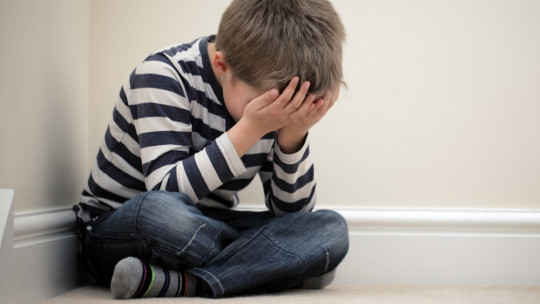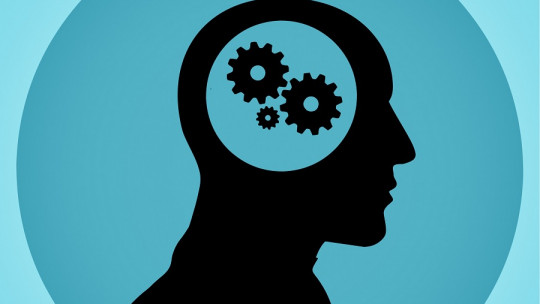
Homosexual, bisexual and transgender people have been persecuted, discriminated against being the object of hatred and attacks throughout history.
In recent decades, fundamental rights and milestones have been achieved that have given rise to a more tolerant and plural society. Proof of this is the elimination in 1973 of homosexuality from the “Diagnostic Manual of Mental Illnesses” (DSM) of the American Psychiatric Association (APA), and in 1990, the disappearance of homosexuality from the list of mental illnesses of the WHO. But Despite these advances, the LGBT community continues to be the object of hatred, discrimination and attacks currently.
Therefore, it is essential to accept the emotional-sexual diversity that exists in society. Each person creates their own relationship model, which will help them develop the ability to love and live intra- and interpersonal relationships in the best possible way. It can be said that there are as many forms of relationships as there are people.
Difference between sexual orientation, gender identity and biological sex
It is essential to know the definition of each of these terms to avoid confusion and to better understand the needs within the group.
Sexual orientation
It refers to the emotional, physical, sexual or romantic attraction that a person has towards another person This attraction can be towards people of the same sex (homosexual), towards people of the different sex (heterosexual) or to being attracted to both sexes (bisexual).
We cannot choose our sexual orientation, which is why the Conversion Therapies used to “cure” homosexuality lack all meaning and validity.
Gender identity
The awareness of belonging to the male or female sex A person may feel a gender identity that is different from their biological sex; This is what happens to transsexual people.
biological sex
It corresponds to the sex with which we were born, male or female.
What is Affirmative Psychology?
Affirmative Psychology is a specialization within Psychology that is responsible for working on the different problems that non-heterosexual or cissexual people may suffer (people whose gender identity matches their biological sex). The term Affirmative Psychology appeared in 1982 to address the pathologizing ideas of sexual and gender diversity that existed at that time.
So that people from the LGBT community can face the situations that may arise, they are taught certain useful strategies and tools. So, Each person will be able to assume their own sexual orientation and gender identity and you will develop an active coping style that will help you confront social stigma.
From this way of working, the therapist’s purpose will be to make patients feel that they are coming to a safe environment, where their emotions, feelings, experiences, and behaviors with respect to themselves and the world around them will be validated. It is, therefore, about a therapy of sexual and gender diversity based on psychological support and intervention whose objective is to alleviate the discomfort derived from fear, oppression and discrimination, both family and social, that they may have suffered.
What are the areas you work on?
People who belong to the group may face different situations than other people. Thus, require more specific and specialized attention
The specific areas being worked on are the following:
Conclusion
Being part of the LGBT group does not mean being different when it comes to going to a psychologist, since each person can have the same symptoms or problems of anxiety, depression, self-esteem, stress, etc. However, and as reflected in the previous section, There are certain situations or problems that are specific within this community Therefore, it is advisable to go to a psychologist specialized in the problems of the LGBT community.








